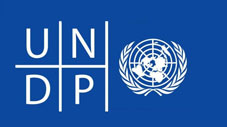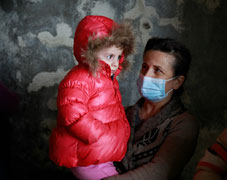
UNDP and Social Service Agency of Georgia start new initiative to eradicate extreme poverty
By Khatia Bzhalava
Tuesday, August 31
The United Nations Development Programme (UNDP), with financial support from the Government of Sweden, is expanding cooperation with the Social Service Agency (SSA) of Georgia’s Ministry of Internally Displaced Persons from the Occupied Territories, Labour, Health and Social Affairs to eradicate extreme poverty and support the most vulnerable population in Georgia.
According to the official statement of UNDP, following the Memorandum of Understanding signed on 30 August, UNDP will help the SSA design new evidence-based solutions to increase access to employment and support the vulnerable populations. The process will include the examination of the social status of the families registered in a social vulnerability database to reveal the causes of unemployment. As the UNDP statement stresses, emphasis will be made on the rural communities across Georgia.
“Effective and targeted social aid offers immediate relief to the most vulnerable families. To leave no one behind, such service must ensure that people fall out of poverty and enjoy the benefits of economic and social development. Achieving this goal is the focus of our strategic partnership with the Social Service Agency,” announced UNDP Acting Head Anna Chernyshova. “Social service is one of the crucial functions of the state,” she added.
According to the SSA Acting Director Levan Gogodze, UNDP will assist the SSA to carry out a functional assessment of the institution’s work and will also research the families registered in a social vulnerability database. “This memorandum is important to each of our beneficiaries because improved services for the most vulnerable will help reduce extreme poverty in Georgia,” he said.
According to the statement, UNDP will continue assisting the SSA’s institutional strengthening in terms of improving critical services for the most vulnerable groups of Georgia’s society. UNDP will also help the SSA to assess its institutional capacities, reveal the gaps and implement a staff training program.


